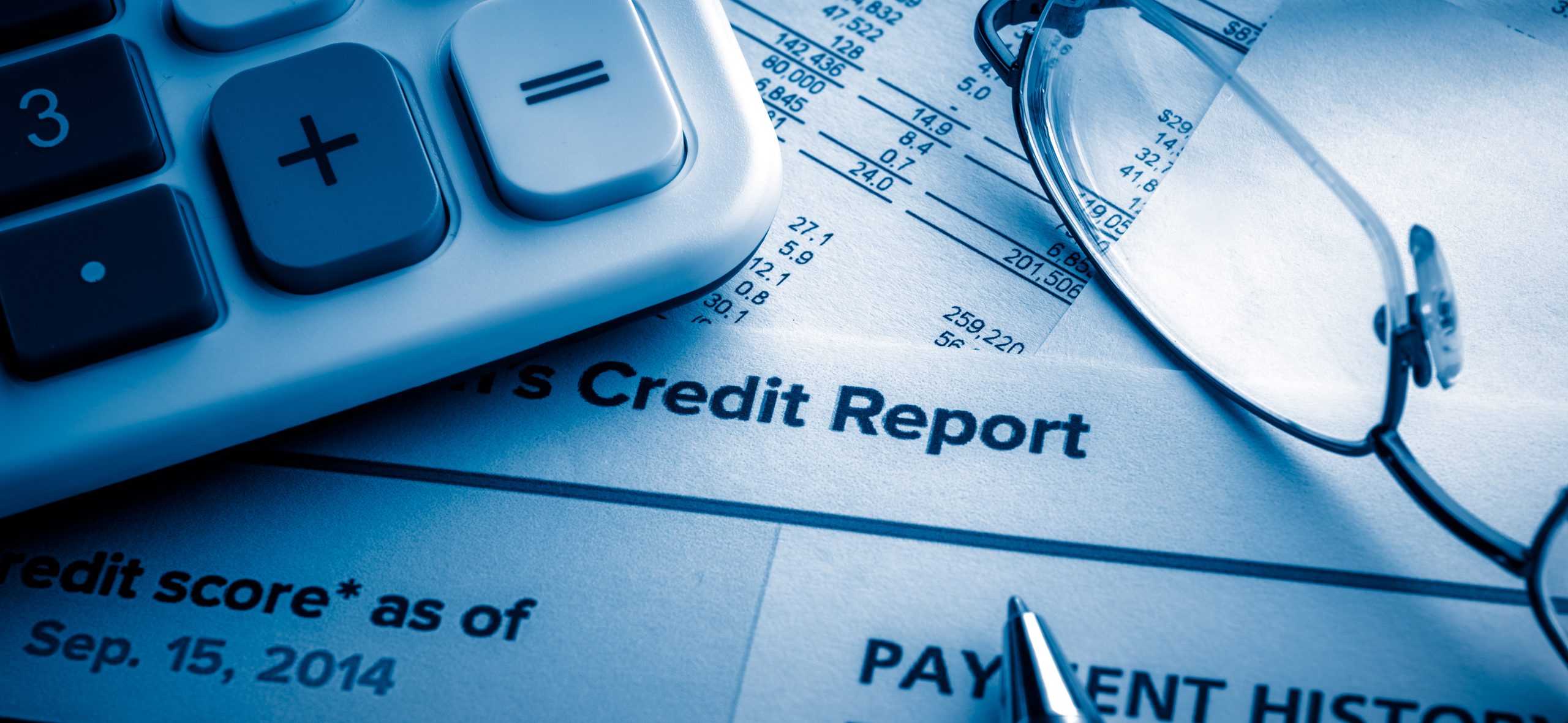Navigating the financial landscape as a young adult in Australia can be daunting, especially when it comes to understanding the impact of credit scores on one’s financial future.
Bad credit is not just a number; it’s a barrier that can affect various aspects of life, from loan approval rates to employment opportunities. This article dives into the real cost of bad credit in Australia and offers young adults valuable insights and strategies for managing their credit scores effectively.
Understanding Credit Scores in Australia
What is a Credit Score?
A credit score in Australia is a numerical representation of your creditworthiness, derived from your credit report. It reflects your history of borrowing and repaying debts, including loans, credit cards, and other financial obligations.
Factors Affecting Credit Scores
Several factors can influence your credit score, such as payment history, credit utilization, length of credit history, types of credit in use, and recent credit inquiries. Understanding these factors is crucial for managing your credit health.
The Impact of Bad Credit
Higher Interest Rates
Bad credit often results in higher interest rates on loans and credit cards, as lenders view you as a higher-risk borrower. This can significantly increase the total amount you end up paying back.
Loan and Credit Denials
With a poor credit score, banks and other financial institutions may deny your loan or credit applications, limiting your ability to finance important life milestones, such as buying a home or car.
Difficulty Renting Homes
Landlords may conduct credit checks before leasing properties. A bad credit score can make it challenging to rent a home, as it signals potential financial instability to landlords.
Employment Challenges
Some employers check credit scores as part of the hiring process, particularly for positions that involve financial responsibility. Bad credit can, therefore, impact your job prospects.
The Real Cost of Bad Credit
Financial Costs
The financial repercussions of bad credit extend beyond high interest rates. It can lead to increased insurance premiums, security deposits, and even affect your ability to start a business.
Emotional and Psychological Costs
The stress and anxiety associated with financial insecurity and debt can have significant emotional and psychological effects, impacting overall well-being and quality of life.
Improving Your Credit Score
Checking Your Credit Report
Regularly reviewing your credit report for errors and discrepancies is the first step toward improving your credit score. In Australia, you’re entitled to a free credit report once a year from major credit reporting bodies.
Paying Bills on Time
Consistently paying your bills on time is crucial for building a positive payment history, which significantly impacts your credit score.
Reducing Debt
Paying down existing debt, especially on high-interest credit cards, can improve your credit utilization ratio, a key factor in credit scoring.
Seeking Professional Help
If you’re struggling to manage your debt, seeking advice from a financial counselor or advisor can provide you with strategies to improve your financial situation and credit score.
Preventing Bad Credit
Financial Literacy
Educating yourself on financial matters, including credit, budgeting, and saving, is essential for preventing bad credit and achieving financial stability.
Budgeting and Saving
Creating and sticking to a budget, as well as establishing a savings routine, can help you live within your means and avoid falling into debt.
Understanding the real cost of bad credit and taking proactive steps to manage your credit score is crucial for financial success in Australia. By staying informed, making responsible financial decisions, and seeking help when needed, young adults can overcome the challenges of bad credit and build a secure financial future.
Bad credit information can stay on your credit report for up to seven years, depending on the type of information. It’s important to take steps to improve your credit during this time.
Yes, by adopting responsible financial behaviors such as paying bills on time, reducing debt, and regularly checking your credit report for errors, you can improve your credit score over time.
In Australia, credit scores range from 0 to 1200. A score above 650 is considered good, while scores above 725 are deemed very good to excellent.
No, checking your own credit score is considered a “soft inquiry” and does not affect your score. However, frequent applications for credit, which lead to “hard inquiries,” can impact your score.
Young adults can build credit by applying for a credit card with a low limit, using it responsibly, and paying the balance in full each month. Additionally, becoming an authorized user on a family member’s account can help build credit history.
Are you struggling with Bad Credit? Register with Enhanced Credit Repair today so see how we can improve your credit score in as little as 30 days.



